What it Means to Be Oppa, Unnie, Hyung, Noona (Older in Korea)
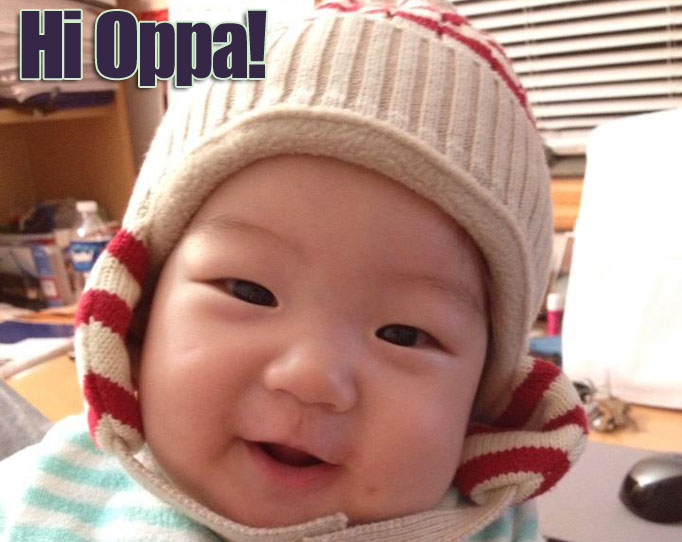

– Noona (누나) = Older sister (used by males)
– Hyung (형) = Older brother (used by males)
– Unnie (언니) = Older sister (used by females)
Tip: To first understand this post properly, you’ll have to know your Korean age. Koreans calculate age by birth year (not the actual birthday). And this means even if you’re only 1 month older than someone, but born in a different year (i.e. December 1987 vs January 1988), you’re still considered older. Just think of January 1st as a line that isn’t crossed; you’re either on one side or the other.
Here’s what to expect once you’ve figured the other people’s age:
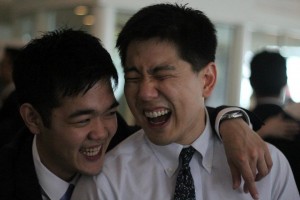 Same Age = Friend (친구)
Same Age = Friend (친구)
Being the same age in Korea means you’re equals, and you’ll be instantly labeled a friend. It doesn’t matter if you’re a very unpleasant person, and the other person hates you. For people of the same age, the actual term used in Korean to refer to people of the same age is “friend” (친구 – chingu). And although most Koreans will use honorific language to show respect to people that they don’t know too well, many Koreans will drop the cumbersome honorific language and use casual Korean once they find out they’re the same age as you. And it’s not just language. Finding out that someone is the same age automatically makes Koreans a little more comfortable as there aren’t any expectations that are associated with being younger or older.
Tip: Dropping honorific language is common for younger Koreans. But the older you get, the less professional/mature you look by speaking casual Korean, even if you’re the same age.
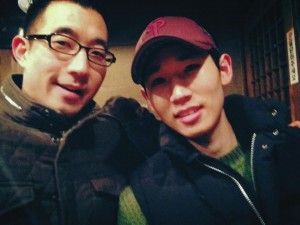 Being Older (Oppa/Unnie/Hyung/Noona)
Being Older (Oppa/Unnie/Hyung/Noona)
Since Korean culture is heavily influenced by Confucianism (some say more than China), being older, even by 1 year, automatically means you’ll be getting what Aretha Franklin wanted: R-E-S-P-E-C-T. That doesn’t mean you’ll be getting 90 degree bows (an ultimate sign of respect) from someone that’s only a few months younger than you. But you’re definitely higher up than the other person, and that generally means your opinions are more respected as you’re older and wiser (at least theoretically). So that means even if you’re 35 years old, jobless and in your mom’s basement for the last 7 years, it wouldn’t be right for your 21 year old tech start-up CEO cousin to give you advice. In Korea, it’s just not her place to tell you how to shape up. (That’s why things can get tricky when a boss is younger than his/her workers.)
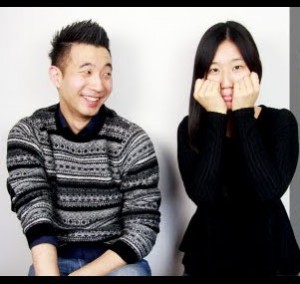 Being Younger (Dongsaeng)
Being Younger (Dongsaeng)
Being younger doesn’t mean you have to shut up and be quiet, however. Being younger has many perks. Because you’re younger in Korea, many older Koreans will generally feel the need to “take care” of you, which can mean a number of different things. If you’re hanging out with Koreans, an older Korean friend might feel the need to go out of his/her way to drive you home, even if you’re at the opposite end of the city. If you’re having a hard time at work, your older Korean coworker might feel the need to treat you out to a relaxing spa. Sometimes being cared for means you’ll be treated out to a meal. Being younger than everyone can be pretty awesome in Korea. But remember, you’re always older than other people too, so pay it forward.
When Age Doesn’t Matter (as much)
– Generally, the closer the age (+/- 1 to 3 years), the less these views hold true. You’ll still be older, but only by a little. And that means you’ll be close enough to be friends (chingu).
– The closer the relationship, the less age matters. If you’re very good friends with a younger/older Korean, a lot of the hierarchy goes out the window, and you just end up being friends.
– For business relationships, Koreans may try to be understanding of other cultures and will not put so much emphasis on age.
– The older you are, the less age matters. A 1 year age difference is huge for a teenager, but doesn’t mean much for a senior citizen.
Do you have your own experience with oppa/unnie/hyung/noona? Let us know by writing in the comments!



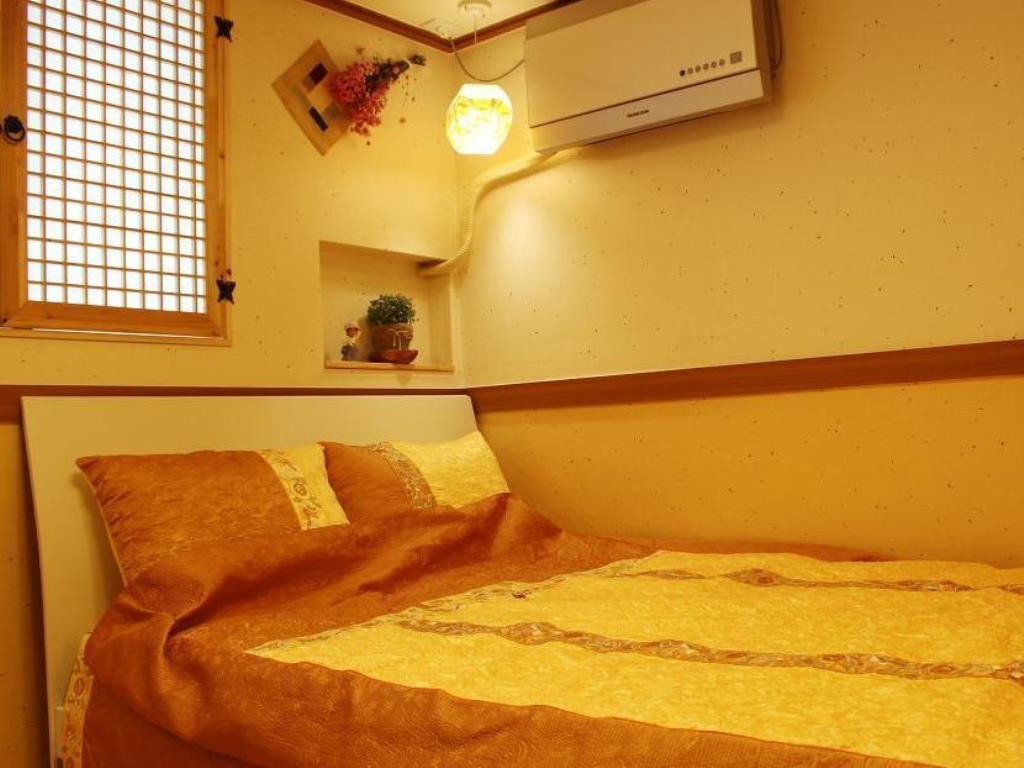
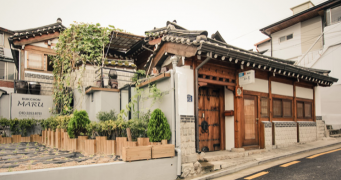
227 Comments
God I wish I had knew about this website when I first got to Korea…. You explain stuff so much better!
Keep up the good work! 🙂
Are there no words or “titles” if it’s the other way around (you are the oldest)? If I am the oldest in the group, do I not use oppa/unnie? (Or hyung/noona if I am a male?)
oppa is male so it is oppa/hyung if male and unnie/noona. (sry if this is embaressing but better than you going to your korean friend n sayin “hay I am older than you so I am your unnie!” and your a boy so yea)…
I think what Patricia meant was that she would youse Oppa and Unni since she is female, but had to use hyung and noona if she was male.
*use
darn autocorrect
As far as I know you would just say 동생 (Dongsaeng) or simply address them by their name.
What about if a Korean girls calls an American guy oppa in the United States? Besides meaning they are close, does it mean she is flirting?
@Hui W – Thanks! Glad you like it!
@Patricia – just call them by name! 🙂
@Stan – Not always. really depends on the situation. But she probably feels comfortable 🙂
@Stan, dude if you have to ask yourself whether she is flirting or not, you are definitely in the friend zone, so yeah to her you are just friends 🙂 just ask her out yourself
Yes, I definitely agree with this article, well written indeed. I am Chinese American and have had alot of Korean and Korean American friends. During the last few years, I have had language partners as I have been learning Korean casually. So I tend to be the nuna/unnie in the group. So I get the respect. I have Korean friends who are adults (not students) who are close and we don’t care about the unnie thing at all just casual/American style.
Yes, I think Koreans use the Confucian ways more than us (from what I have observed).
Keep up the great work!
When i was in korea, I thought it was really awkward when koreans i met for the first time were asking my name and always my age. That makes sense now! Thanks! Keep writing!
That’s the cutest baby I’ve ever seen.
Lol ya my brother has no respect for me even though I freakin 26 an he’s 32 ass Apparently he knows everything
Also for same age, people say 동갑 which means same age. It’s an important word to know.
Also does 임마 mean something like “guy” or “kid”? When do Koreans usually use this word? Even guys say it to girls?
oooh, with this definition of oppa…well I think I would prefer to be equal…
“The closer the relationship, the less age matters. If you’re very good friends with a younger/older Korean, a lot of this stuff goes out the window, and you just end up being friends”
I like this better, that way my friend will have the “right” to tell me when I do something wrong 😉
@HuiWong – 임마 means something like “punk” or “rascal.” Sometimes it’s used endearingly for people much older (usually family members like uncles). Girls get it too 🙂
What are the suffixes I sometimes here in KDramas and reality shows? Like “-Goon” “-Seonbae” and “-Seonsangnim” ?
When talking to younger people, isn’t you just 너? 보기: 넌 뭐 먹고 싶어?
님 is added to the end of titles for positions of leadership. 보기: 선생님, 교수님, 박사님, 목사님, 사장님. (teacher, professor, doctor, pastor, president [of a company]
Also is 당신 usable or outdated?
I’m the oldest out of all the girls in the same grade as me (7th grade) , but nobody even knows i exist. That sucks.
wow..its quite helpful site for learning korean..but I hav a doubt.in drama Heartstrings, the drummer(male ) calls park shyn hye unnie..nd unnie is used by females only..was he wrong or I misunderstood?
I prefer to knw your age so that i will knw where i stand.
I am really happy that I found this page .. it explain a lot of stuff that was confusing for me 😀 whenúif I go to Korea I will know how to act and react 😀 Keep it up
This helps a lot for us who are eager to learn Korean language, basics are really important. Thank you Kim..
Its awesome really. I live in Nigeria and the first day i heard Noona and Unni, i was like ‘what?!’ that was when i watched ‘ Boys over Flower’, Gun Jun Pyo called his sister Noona and later a girl called that same sister Unni. That really got me confused. Thanks for helping. Besides that, whats the meaning of Sunbae?
Also, what is the general language spoken in Korea? Do they speak English? I certainly would’nt want to be stranded when i travel to Korea to play music or something.
I find myself that is certainly among the list of much considerable details in my situation. Using this program . grateful looking at your content. Nevertheless wish to watching with interest on number of common points, It design is fantastic, this articles or blog posts is really good : Deb. Great action, all the best
I like how you explain it. Thank you so much! Very helpful.
Can you help me with this:
What would I call someone in Korean who I am a fan of, a well-known singer or an actor for example, if he is younger than me? Would Oppa be the right word to use?
HAHAHA “you’ll be getting what Aretha Franklin wanted: R-E-S-P-E-C-T! ” —> priceless line.
LOVE this post and your blog. 🙂
I cannot amend or delete my previous comment, so here’s an additional one:
When I started practicing Korean with my boyfriend, I had the hardest time adjusting to the whole “Oppa” “Jagiya” whatever romantic titles are given to men (and women alike) in relationships between Korean speakers. I just felt … well, awkward to be honest. So, to combat the awkwardness, I turned to humour; calling him Ahjussi heheheh. He hated and still hates it lol (I gather age, as you point out, is a touchy subject among Koreans, especially age-ING!)
Drew yet another comic to eternalize these awkward moments hehe: http://hanakokanovic.wordpress.com/2013/11/02/just-call-me-oppa-3-ehmmm-yeeeah-right-aw-kw-ard-honorifics-system-in-s-korea/
hey, great useful website. I’m going to korea for business this weekend, we’re in the same company but how should I address the business manager over there and his employees? They’ll likely be older than me, is it polite to just ask at the first meeting how I should address them?
Keep up the great work.
this helps others a lot. I’ve been to Korea a long time, and I met Kai.
Do you use these titles before or after their name?
Taeyeon noona
Noona Taeyeon
or just straight call them noona?